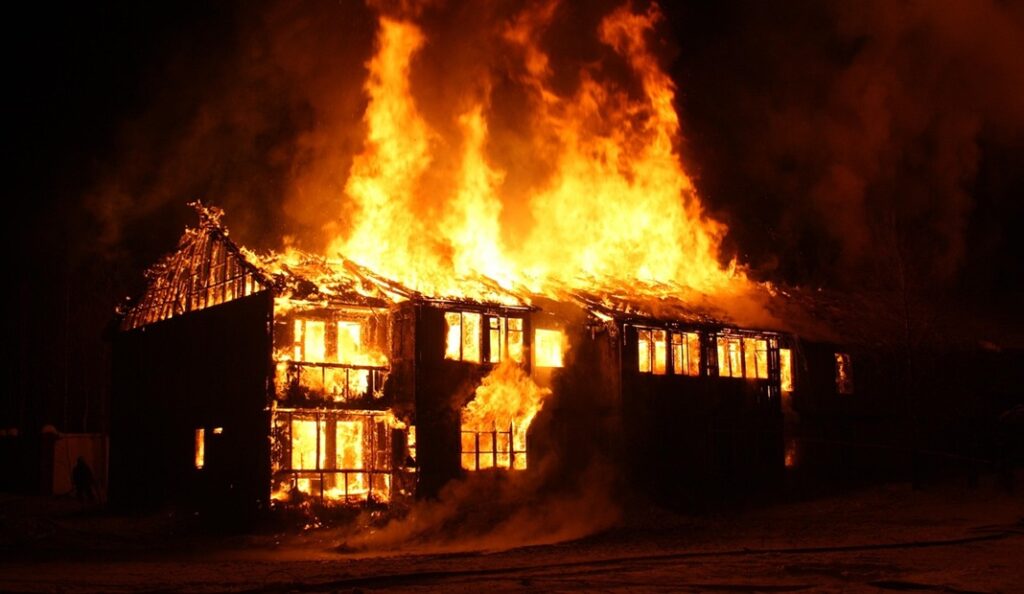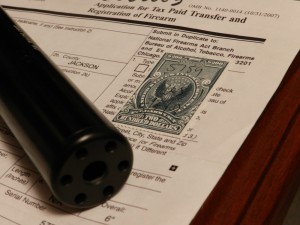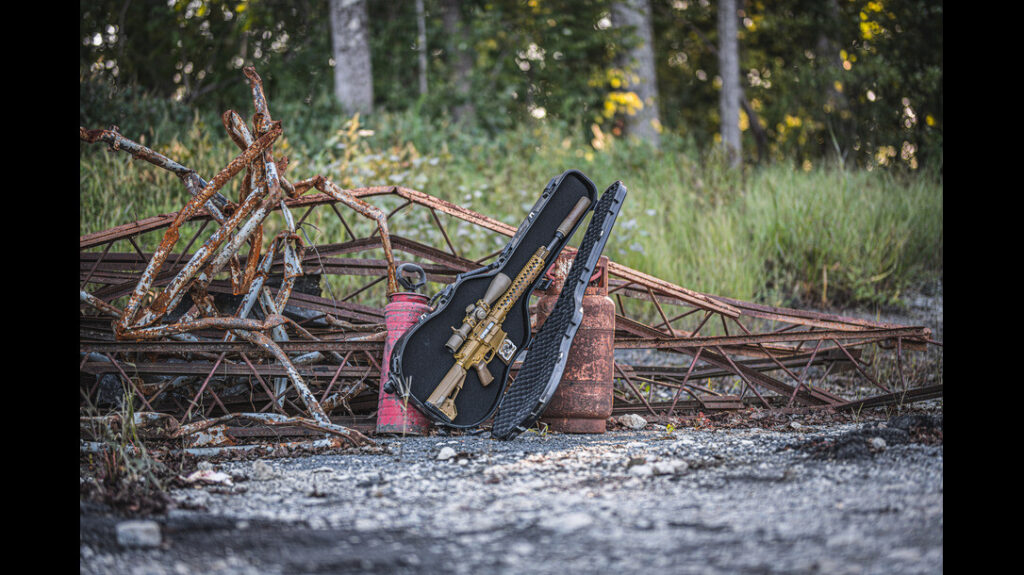Is your training preventing you from actually getting better? I guess that would depend on what you mean by “better.” Are you finding balance in your training?
If you’re chasing the sub-2-second Bill Drill but haven’t had a medical class or read up on deadly force law in the last couple of years, is that really the best use of your time?
If you’ve got a match coming up, then maybe. If, however, you’re just the average citizen defender, it may benefit you to broaden your capabilities a bit.
Advertisement — Continue Reading Below
It’s easy to fixate on the measurable performance metrics. Measurability provides both instant feedback and quantifiable growth. It’s far more difficult to gauge your proficiency with your verbal agility or social dexterity. There’s no score or par time for those things.
It’s also so easy to rabbit-hole on the defensive practices as a whole that you inadvertently neglect other aspects of your life. Dedication and commitment are admirable, but don’t let the defensive lifestyle monopolize your life to the point that you forget to be a friend, spouse, parent, etc.
All of this should enable us to live life to the fullest. We should not live in such a risk-averse bubble that we prioritize control and security over experiences.
Advertisement — Continue Reading Below















